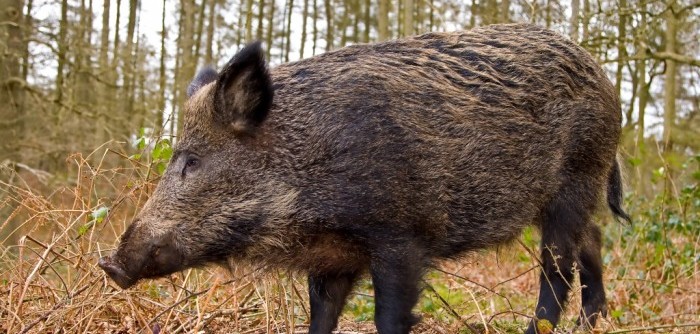Germany’s African swine fever (ASF) is currently limited to wild boar two hotspot areas, with no cases found yet in domestic pigs.
So far 20 cases have been confirmed in wild boar in two districts in Brandenburg, Spree-Neisse, where the original case confirmed on September 10 was found, and near the town of Neuzelle in the OderSpree, about 7.5 km away.
That represents a further seven cases confirmed by Germany’s Friedrich-Loeffler Institute. The number is certain to grow as intensive surveillance continues for dead wild boar and further samples are currently being tested by FLI.
A meeting of the Central Crisis Team set up to coordinate the response to the outbreak was held yesterday (September 22) in Potsdam, under the direction of the State Secretary in the Federal Ministry of Food and Agriculture (BMEL), Beate Kasch.
It will be the job of the Brandenburg State Crisis Center to coordinate the process in a ‘coordinated and uniform’ manner, she explained, according to German pig industry organisation ISN.
“To this end, comprehensive checklists, procedural instructions and action plans have been drawn up over the past few years as part of the joint federal-state task force on animal disease control,” ISN said. “With the findings of the experts on site, it is now important to analyse the virus spread in the wild boar population and to continue protecting the domestic pig population.”
Meanwhile, new outbreaks continue to be discovered in Poland, including a farm affected with 34 animals in the south of the Mazovian Voivodeship, a cause for concern as there had not previously been an outbreak in this region, according to ISN.
This means ASF has now been confirmed in around 90 pig farms since the beginning of the year, resulting in around 53,000 domestic pigs being culled.
This compares with only 48 confirmed farms and around 35,000 animals culled during the whole of 2019.




